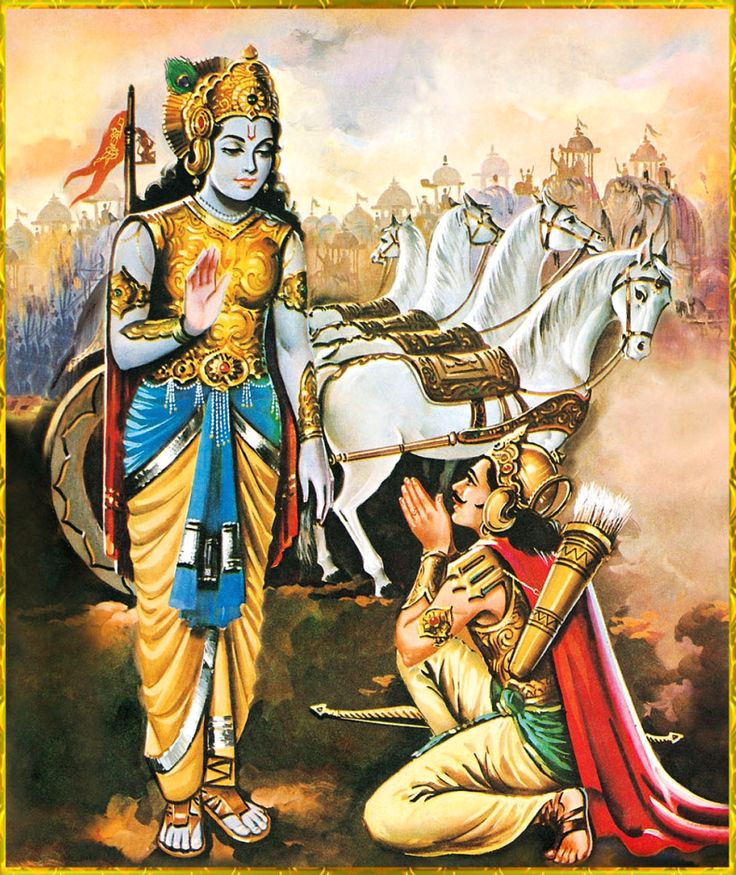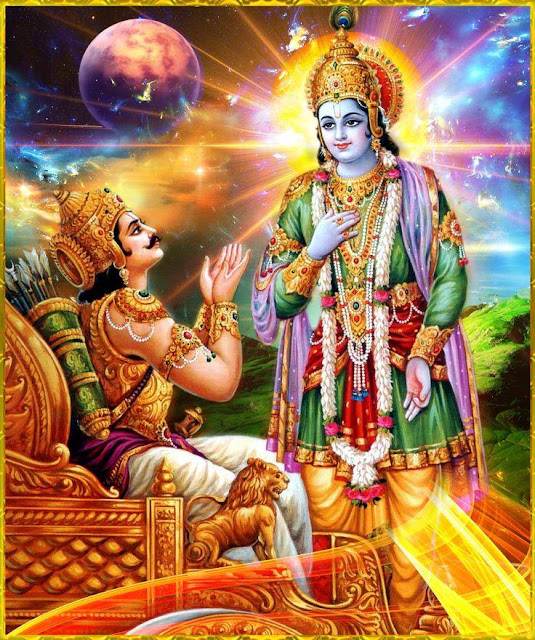The Spiritual Import of the Mahabharata and the Bhagavadgita : Ch - 19.7.

24/03/2017 19: True Knowledge : 7. What is the supreme object of knowledge then, whose experience abolishes the distinction between the subject and object? That is Brahman, according to the Bhagavadgita. Inasmuch as it includes within its Being both the objective universe and the subjective faculties, we cannot designate it as either being or non-being—na sat tan nasad ucyate. It is neither sat nor asat, in the sense we understand these two terms. We cannot say whether it is something that is existent, or that which is non-existent. We consider the existence of a thing as a content of sensory experience. When we say that something exists, we mean that it is perceptible or cognisable. We generally associate existence with objects, as a quality or an attribute of the object. When we say a table exists or a tree exists or something exists, we immediately regard this existence as a predicate of that which we regard as the nominative or the substantive, the pure subjec...


